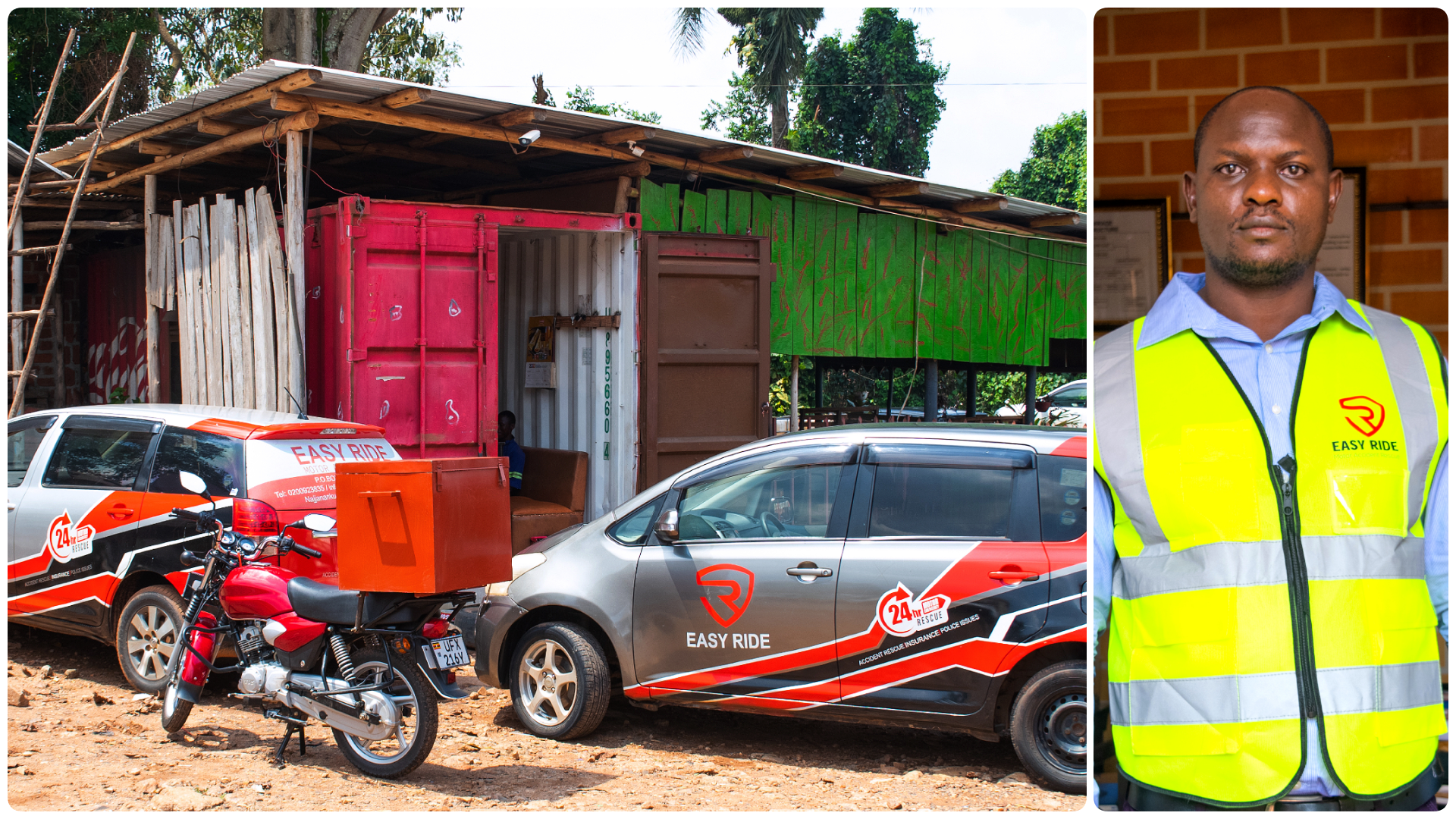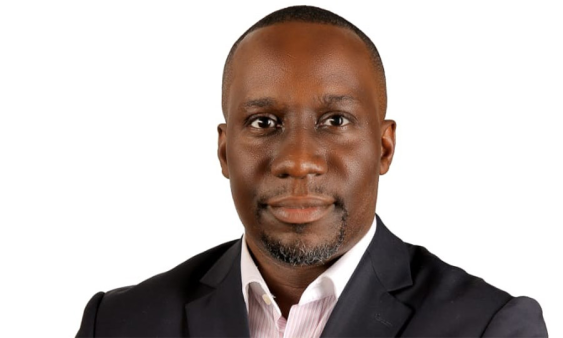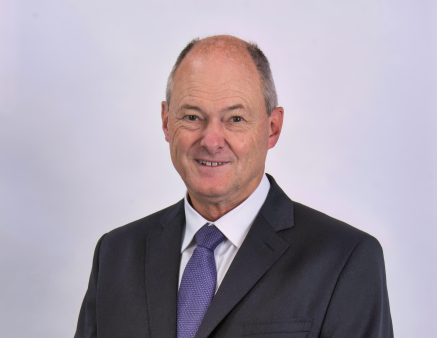The insurance sector in Africa, particularly in Uganda, presents a remarkable opportunity for growth and innovation. With a penetration rate of only 0.85% in Uganda and under 3% across the continent, the market is vastly underdeveloped compared to global averages, where insurance penetration typically hovers around 7%.
As of 2023, the African insurance market is valued at approximately $87.4 billion, projected to reach $153.9 billion by 2032, reflecting a compound annual growth rate (CAGR) of 6.3% during this period. This stark contrast highlights the sector’s immense potential for expansion and innovation.
Several factors drive this optimism, including a growing population of working-age individuals and increasing awareness about the benefits of insurance products. Despite the low penetration rates, there is a burgeoning demand for various types of insurance, particularly in the life and health segments, which are witnessing accelerated growth.
The COVID-19 pandemic has further underscored the necessity for robust insurance solutions, as consumers seek protection against unforeseen medical expenses and economic disruptions. Moreover, partnerships between insurance companies and fintech firms are paving the way for innovative solutions that enhance accessibility and affordability.
Investors and entrepreneurs are increasingly recognizing the potential within Africa’s insurance landscape. A recent survey indicated that 54% of CEOs in the sector favour investing in startups to harness technological advancements, while 38% view emerging technologies as a significant opportunity for business growth.
As regulatory frameworks evolve and consumer trust builds, the insurance industry is poised for transformation, making it an exciting sector for those looking to capitalize on Africa’s economic resurgence.
However, the vast majority of African founders are not bullish on it preferring to invest their talents in other sectors. This is because insurance is a highly regulated sector, and requires a certain level of domain expertise to thrive in the industry. But this didn’t stop Isaac Kiwanda.
“I graduated with a Bachelor’s of Computer Science and joined an insurance company as an IT manager,” Isaac tells me as we kick off our conversation. “The job was simply about managing IT systems, and that was it.”.
Isaac confesses that at some point, he felt like he wasn’t doing much, and this also reflected in his employer who encouraged him to assist the rest of the team in handling claims.
“In insurance, we do a certificate of proficiency, and after attaining it, the basic pay was shs 1M a month. This was my cue to focus on insurance full-time. At first, I was an insurance agent, then moved into brokerage and finally masonry. So I built expertise in the industry.”
While working full-time in insurance, Isaac decided to investigate why the general public had a negative attitude towards insurance and how to change it.
“During claims, I noticed that there were so many files unattended to. I realized that these were files of people who wanted to get paid, but were finding problems navigating the claims process and documentation. ”
Isaac decided to build a solution that would ease the claims process and ensure claimants got paid. This solution grew to become Easy Ride Uganda.
“To start Easy Ride, I realized that we needed approximately shs 1bn to get off the ground. I got five friends of mine who worked in all the prominent insurance firms to build this. We decided to start talking to clients to see who we could work with.”
Isaac adds, “We first built Easy Ride in-house. We started working on clients while maintaining our jobs and taking advantage of company resources. After two years, we had proven that the concept works, and so we set off to build it.”
Easy Ride is a B2B insurtech startup that provides support to insurance companies on behalf of clients. EasyRide takes away the whole burden from their clients, including first aid, ambulance services, pick-up truck services, handling police, documentation, and the claims process.
“For example, most companies are based in Kampala, but they have a fleet on the road across the country. When a client is involved in an accident, they will need insurance services but many find the process complicated. We handle the entire process for our clients, and then we are reimbursed by the insurance company”.
Easy Ride boasts of a clientele that includes UMEME, Nation Media Group, Coca-Cola, and Roofings Group among others while it partners with all the leading insurance firms like Britam, ICEA, Jubilee Insurance etc.
But it hasn’t all been rosy for the startup. “When we set out on our own, we lost most of our clients because we didn’t have the cash at hand to handle the emergencies. In fact, at one point, we had a bank overdraft of UGX 200M with our bank that was never extended during COVID-19. All the money that was deposited on the company account would go to servicing the overdraft and thus, never had any money to pay workers or rent for six months.”.
In December 2023, Easy Ride also experienced a public relations nightmare when prominent NTV Presenter Andrew Kyamagero wrote a thread on Twitter (now X) belittling their services and the insurance provider ICEA after his car was involved in an accident.
“We learnt a lot from that incident. We knew it was time for us to improve our communication, and customer service and also use tech if we were to build a true giant of the industry. It was time for us to build the next version of Easy Ride.”.
Isaac needed resources to build this, so he set out to raise money. But before raising money, he participated in the Youthy Startup Academy Uganda (YSAU) program.
The Youth Startup Academy Uganda (YSAU) is a program designed to support young entrepreneurs in Uganda. Implemented by Hive Colab, a co-working space and innovation hub, YSAU helps young people develop their business ideas, learn essential skills, and access resources to launch and grow their ventures.
The program is supported by KOICA (Korea International Cooperation Agency), demonstrating a commitment to fostering entrepreneurial growth in Uganda. At the end of the program, Isaac raised funding from a group of Korean investors with ties to the KIA Group.
“We had good numbers in terms of revenue, but the company was raw. We had no structures, and I was open with my investors. Luckily, they committed not only funds but also their time to help us build the structures needed to scale using their expertise.”
One of the most important things Isaac did at Easy Ride was use technology. In its early days, Easy Ride had a call centre where emergencies were reported. The company would then dispatch a pickup truck to the client’s location. This approach almost cost them a client.
“One day, a client of ours got stuck around Mabira Forest in the dead of the night. Of Course, it is scary to be stuck in such a place. We dispatched a truck to help him, but we didn’t know where the pickup truck was. So the client kept calling and asking how far, and we couldn’t tell. This was very frustrating. With our new Easy Ride app and web app, clients can book our services and track the movement of the pickup truck that is coming to their rescue.”
With the introduction of their app, Isaac is now bullish about Easy Ride’s potential to expand beyond Ugandan borders. “The insurance problems in Uganda are the same in the majority of African countries. With the app, we can easily scale to Kenya and Tanzania without breaking the bank. In the future, we hope to expand, and with insurance penetration projected to increase, we are bullish on building Uganda’s first unicorn.”. Isaac concludes.

 The Future is Creative: Gen Z, Talent, and the New Workforce Reshaping Uganda’s Advertising Industry
The Future is Creative: Gen Z, Talent, and the New Workforce Reshaping Uganda’s Advertising Industry


